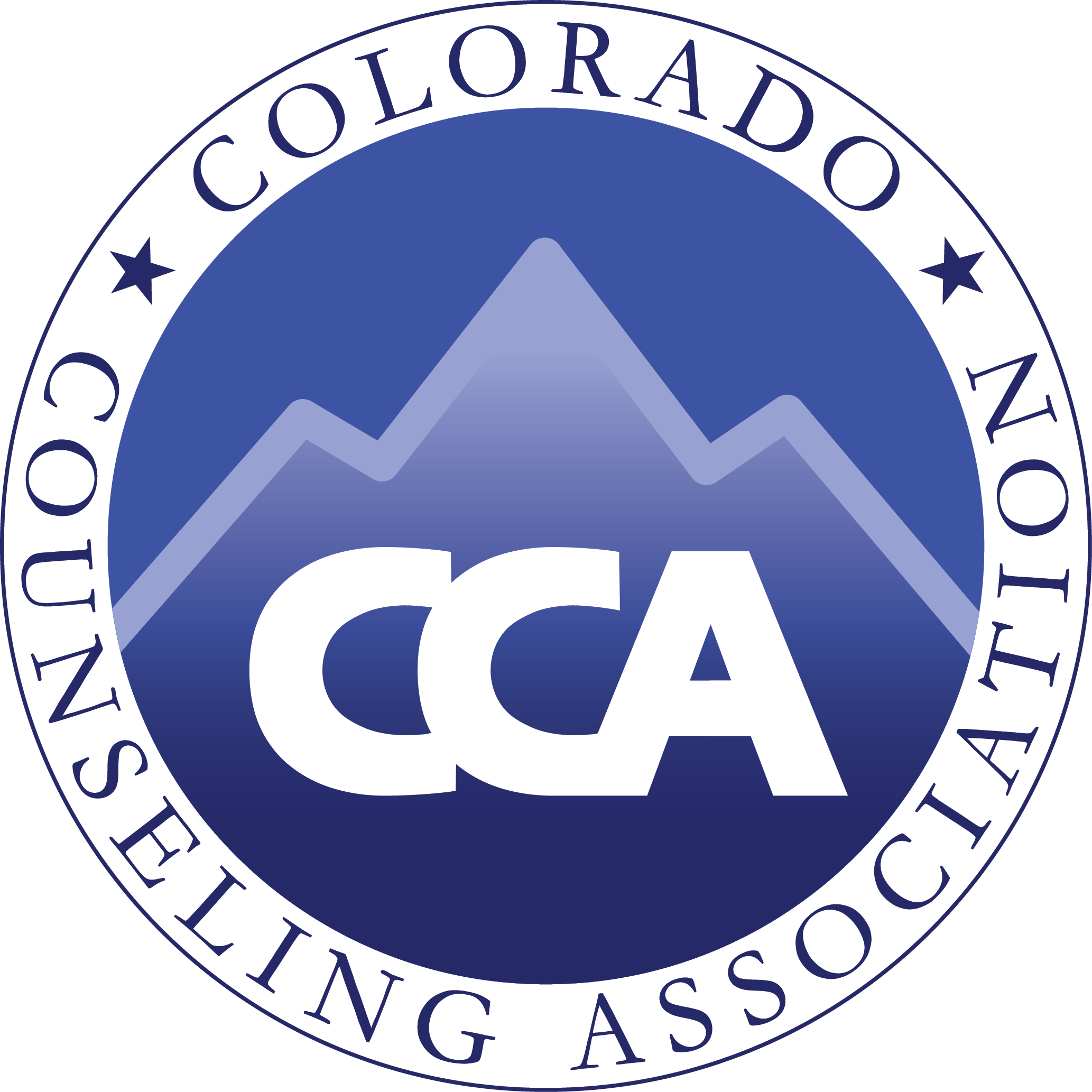
New requirements for Licensed Professional Counselors who provide clinical supervision went into effect on September 1st, 2021. These requirements were established by HB20-1206, the Mental Health Sunset Act.
Originally, HB20-1206 was thought to have created a new designation, the Licensure Professional Counselor - Supervisor, or LPC-S. However, this was not the case.
The Mental Health Sunset Act redefined clinical supervision and established new minimum qualifications.
It should be noted, these changes apply to Licensed Professional Counselors who are providing clinical supervision only.
Clinical Supervision Definition
Rule 1.7 defines clinical supervision as, “Supervision provides a source of knowledge, expertise, and more advanced skills to the person being supervised. The nature of this relationship depends on the respective skills of the two professionals involved, the client population and/or the specific client being served. It is usually ongoing, required, and hierarchical in nature.”
Additionally, HB20-1206 clarified what clinical supervision is not.
Clinical supervision is not consultation, which is a "voluntary relationship between professionals of relative equal expertise or status wherein the consultant offers her/his best advice or information on an individual case or problem for use by the consultee as s/he deems appropriate in her/his professional judgment."
Clinical supervision is not administrative supervision, which involves "the person who bears responsibility for the non-clinical functioning of an employee, such as performance appraisals, personnel decisions, etc. The administrative supervisor may be held accountable for not reporting misconduct by a professional counselor when s/he knew or should have known of a violation of generally accepted standards of practice or any prohibited activity."
According to Rule 1.7, clinical supervision shall include but is not limited to:
- Monitoring the supervisee's activities to verify s/he is providing services that meet generally accepted standards of practice;
- Verifying that it is the practice of any supervisee to provide the mandatory disclosure form as required pursuant to section 12-245-216, C.R.S.;
- If appropriate, verifying that clients are informed as to any changes in the supervisory relationship;
- Giving an adequate termination of supervision notice to the supervisee;
- Keeping records that document supervision that meet the generally accepted standards of practice;
- Assisting the supervisee in becoming aware of and adhering to all legal, ethical, and professional responsibilities;
- Assuring that no inappropriate relationships exist between the supervisor and supervisee, and supervisor and client;
- Assuring the supervisee meets any licensing, certification or registration requirements prior to engaging in any psychotherapy;
- Assisting to assure that the supervisee is in compliance with the Mental Health Practice Act;
- Verifying and assuring the supervisee is in compliance with any existing restricted licensure, certification or registration status or probation.
Minimum Qualifications
Licensed Professional Counselors who provide clinical supervision "shall have sufficient knowledge of legal, ethical, and professional standards relevant to the clients being served. The supervisor shall have clinical experience and competence adequate to perform and direct the services provided by the supervisee."
The 3-3-4 Rule
HB20-1206 added additional minimal qualifications for clinical supervisors who hold an LPC. Beginning September 1st, 2021, LPCs providing clinical supervision must also meet what CCA is calling the 3-3-4 Rule:
- Three years OR 3,000 hours post-degree clinical expertise as a counselor;
- Your 2,000 post-degree hours earned towards your LPC can be included in the 3,000-hour requirement;
- Three Professional Development Hours, as defined in Rule 1.18, specific to clinical supervision, each renewal period;
- AND, you must complete ONE of the following four options:
- Option 1: A minimum two-credit-hour graduate-level course on clinical supervision from a CACREP accredited or equivalent program;
- Option 2: The Approved Clinical Supervisor, or the ACS, from the Center for Credentialing and Education (CCE).
- Option 3: A doctorate degree in Counselor Education and Supervision from a CACREP accredited or equivalent program (or a counseling doctorate that has a supervision component).
- Or Option 4: A minimum six-clock hour training that covers seven content areas: Role and functions of clinical supervisors; Models and methods of clinical supervision; Supervisory relationship issues; Cultural issues in clinical supervision; Group supervision; Legal and ethical issues in clinical supervision; and Evaluation of supervisee competency and the supervision process.
CCA's Response
The CCA Governing Council fully supports the changes brought on by the Mental Health Sunset Act. However, there is concern that in certain areas of the state, access to a LPC clinical supervisor who meets the 3-3-4 Rule may be challenging.
To address this issue, the CCA invested over $7,000 to develop an accessible online training that covers the seven content areas in Option 4 above.
Partnering with Francisca Mix, Christina Murphy, Dr. Thomas Doroff, Khara Crosswaite-Brindle, Dr. Samuel Kohlenberg, Dr. Ryan M. Burkhart, and Trever Shirin the CCA began filming the LPC Supervision training in the fall of 2020.
The CCA will launch this online-based training in April 2021, giving LPCs ample time to receive the required training in all seven content areas.
